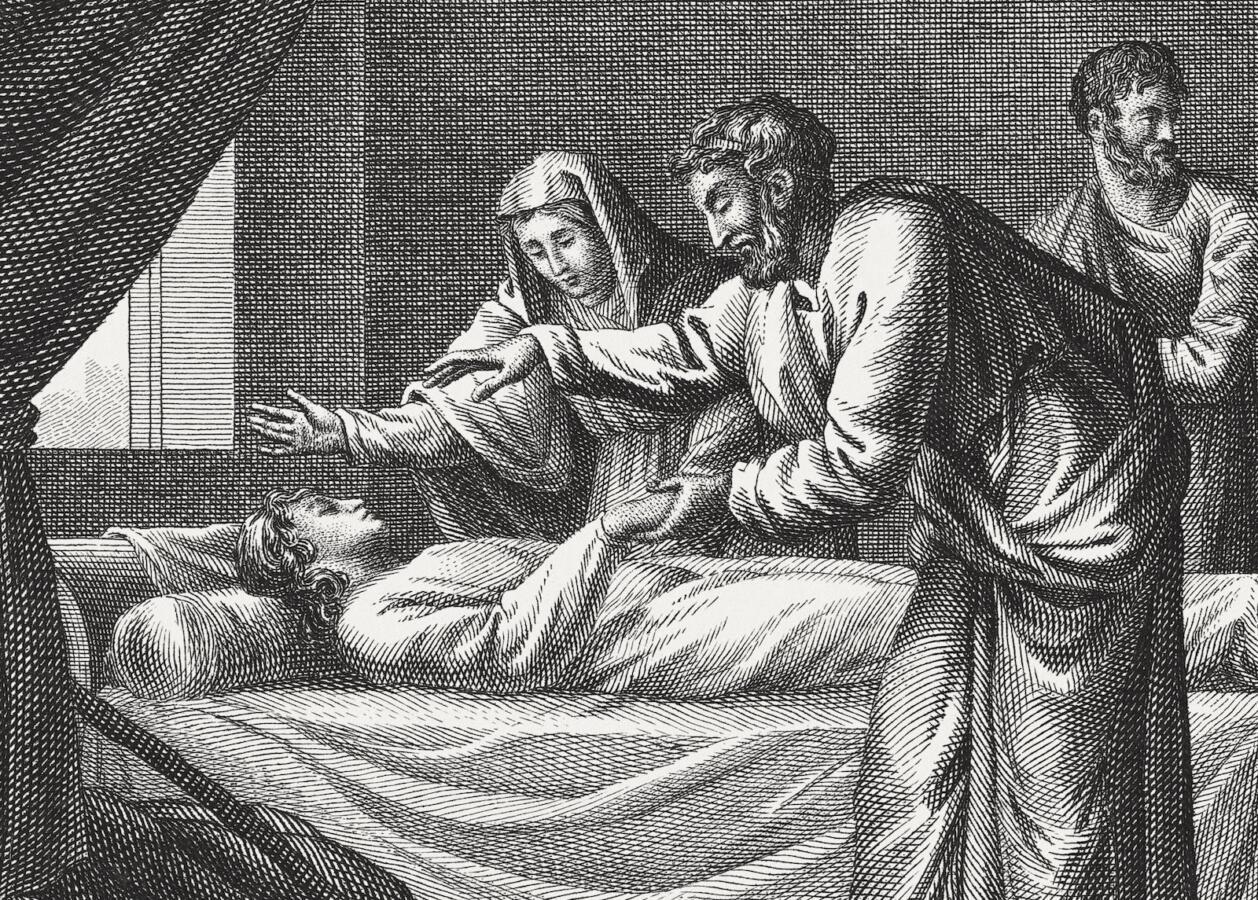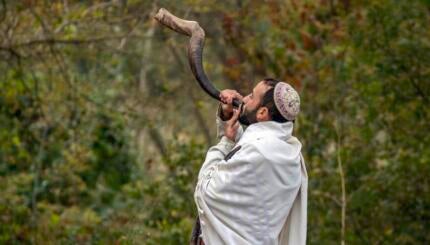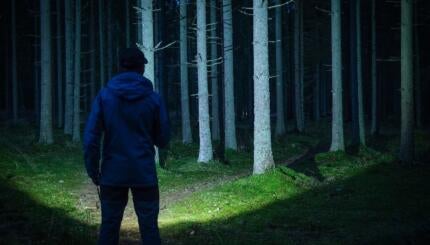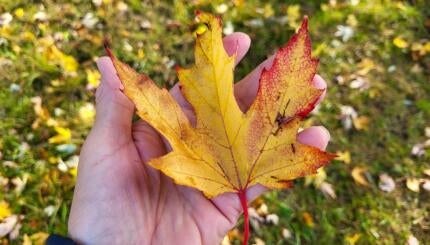It seems I had to come to Ireland to be reintroduced to the prophet Elijah.
For more than a week this summer, I have been on retreat at a Catholic hermitage in County Sligo run by a tiny community of Carmelite sisters and brothers. For my time off to be truly a retreat, I needed some distance from Jewish institutions where I would inevitably feel like I was in some way on duty. That said, I am always a Jew, and being the first rabbi to take a retreat here made that more pointed. I joined the group in their short daily devotions, mostly made up of psalms I could comfortably recite with them. But when these were interspersed with sudden references to the Trinity, I felt like a vegetarian at a family dinner, always eyeing the next platter to discern whether I could safely spoon any on to my plate.
The Carmelites see the prophet Elijah as their spiritual inspiration and as the founder of their order. They call him Saint Elijah, and I happened to be there on Saint Elijah’s day. From the pulpit, Brother Thomas retold elements of Elijah’s story and how it relates to their principles and beliefs. I noticed myself becoming possessive. Wait, he’s ours, my mind grumbled.
After the service, I went back to the Hebrew scriptures to review the story myself. Elijah prophesied against King Ahab and Queen Jezebel, monarchs of the northern kingdom of Israel who had adopted (or at least tolerated) the worship of Ba’al and Asherah. Elijah stood for a kind of orthodoxy, defending the prescribed worship of God. He called for a contest between himself and the 450 prophets of Ba’al and the 400 prophets of Asherah on Mount Carmel. Elijah taunts them as their offering remains inert and unkindled while a Divine fire consumes not only his offering, but the altar and the rock it stood on — all proof of the truth of the way of YHWH. Elijah then kills those 850 prophets, a plot point left out of my childhood Sunday school books and conveniently blocked from my memory.
With your help, My Jewish Learning can provide endless opportunities for learning, connection and discovery.
I think the Carmelites are drawn to Elijah’s many miracles and the way his career echoes that of Moses and presages that of Jesus. He parts the waters. He raises the dead. He causes a meager amount of flour and oil to feed a family for an unspecified but story-worthy period of time. He stands his ground against those who wield power and withholds rain to punish them. He experiences fear and hides out in the desert to ready himself for his trials. He ascends to heaven alive.
But they also value Elijah for his zealotry. They speak approvingly of his exhortation to the people of the kingdom: How long will you keep hopping between two opinions? In other words, make up your mind. If you are going to follow God, then do it right.
I find myself troubled by this. Sure, Elijah stood up to power, but he also used the power of the sword. Admittedly, Jezebel had also been putting prophets to death. So was Elijah’s killing justified turnabout?
Maybe, if we take the story at face value. But I cannot read biblical stories this way any more. Violence and reprisal, injury and retribution in the name of God, or in the name of any belief or ideology — this may be the way of human history, but I’m sickened by it.
I don’t want the Elijah who brings terror in the name of faith. I want the Elijah of rabbinic literature and Hasidic tales. Elijah the messenger, the trickster, the harbinger of the messianic era. Elijah the master of disguise, who poses as a beggar to test our compassion. Elijah who protects those who pray in the ruins and who delivers intel about how God is responding to our actions on earth. Elijah who drops in for a nightcap on Passover and whom we beg at the end of every Shabbat to please please bring the messiah this very week.
I want the Elijah who, as we are told in the Book of Malachi, will come back to us before the end of days, restoring the hearts of parents toward their children and of children toward their parents. I want that Elijah — bringer of peace, personal and political.
And I want the Elijah who, soon after the contest with the other prophets, learns something about prophecy itself. During a pilgrimage to Mount Sinai, God tells Elijah that the Divine is not to be found in the storm or the earthquake or the fire. Instead, it is in the kol d’mamah dakah — the still, small voice. This is the voice that arises within us after the violent, but ultimately empty, display of force. These are the murmurings of a heart that needs no Sturm und Drang, but simply longs for the gentle quiet that we imagine peace to be.
This is the kind of prophetic voice I want to hear in this moment. A prophet who is a peacemaker, who values quiet insight over violent shows of force to prove their correctness. Are there such prophets? Can we be such prophets?
The Carmelites are named after Mount Carmel, where Elijah faced off against the other prophets and where he brought the rain, a miracle they see as a prefiguration of the Virgin Mary. I myself was supposed to have been on Mount Carmel for these weeks, visiting my in-laws in Haifa for my mother-in-law’s 90th birthday. But the war with Iran derailed my planning, and I ultimately realized I did not have it in me right now to be in the middle of the newly reactivated trauma of Israelis, and across a wall from the continuing trauma of the people of Gaza. I didn’t want to be in the cacophony of ideologies and retributions and the suffering they have caused.
Zealotry — has it ever served anyone?
Instead, let us listen for the still, small voice — more reliable a guide than any bombast. Let us do the work of restoring family, not just parents and children, but cousins across borders. I am holding out for that Elijah, within us or outside of us. And now, even on this island where the green is so thick you could eat it, I await the knock of Elijah at my door, here for a nightcap and to reveal whether the long-awaited time has come.
This article first appeared in My Jewish Learning’s Shabbat newsletter Recharge on August 2, 2025. To sign up to receive Recharge each week in your inbox, click here.



